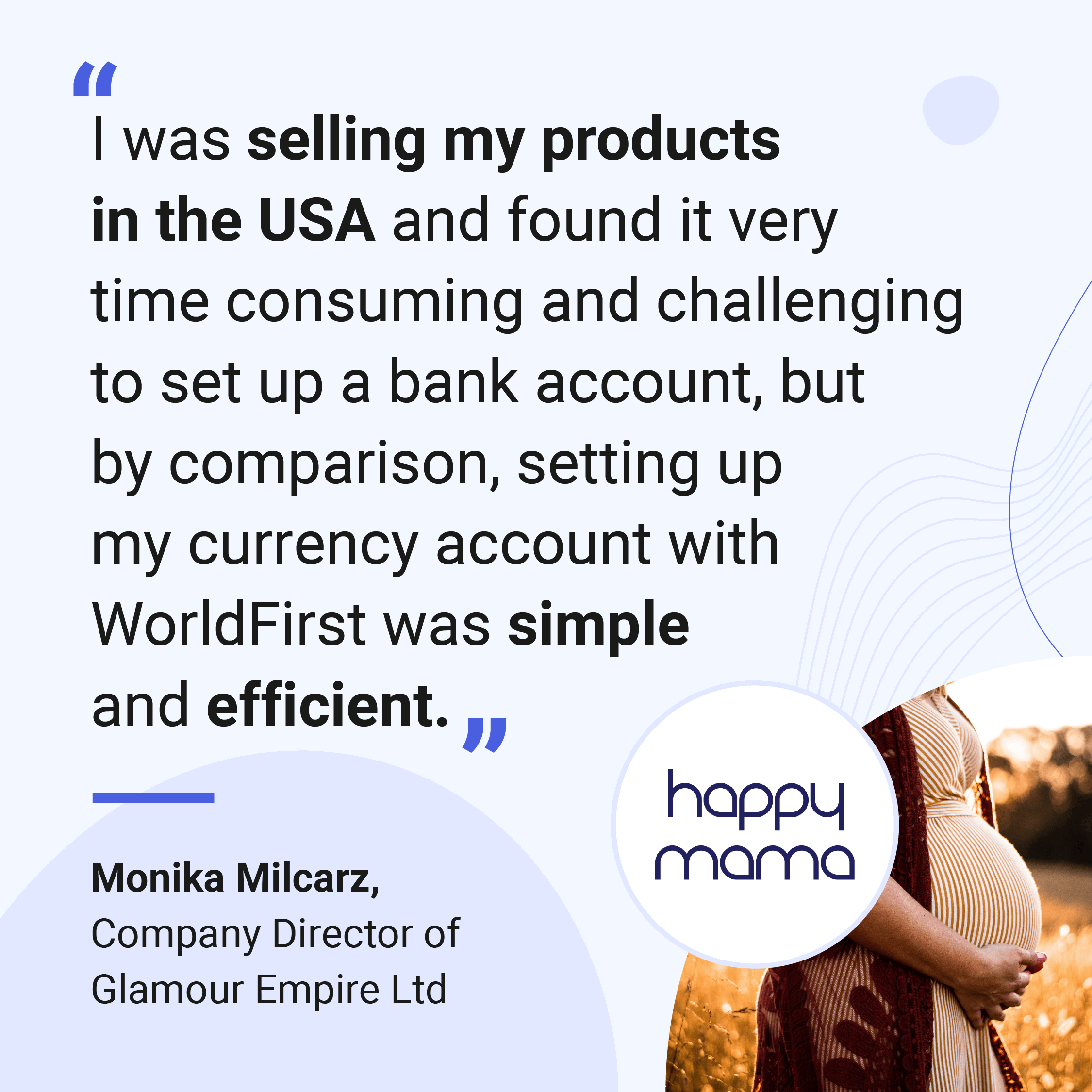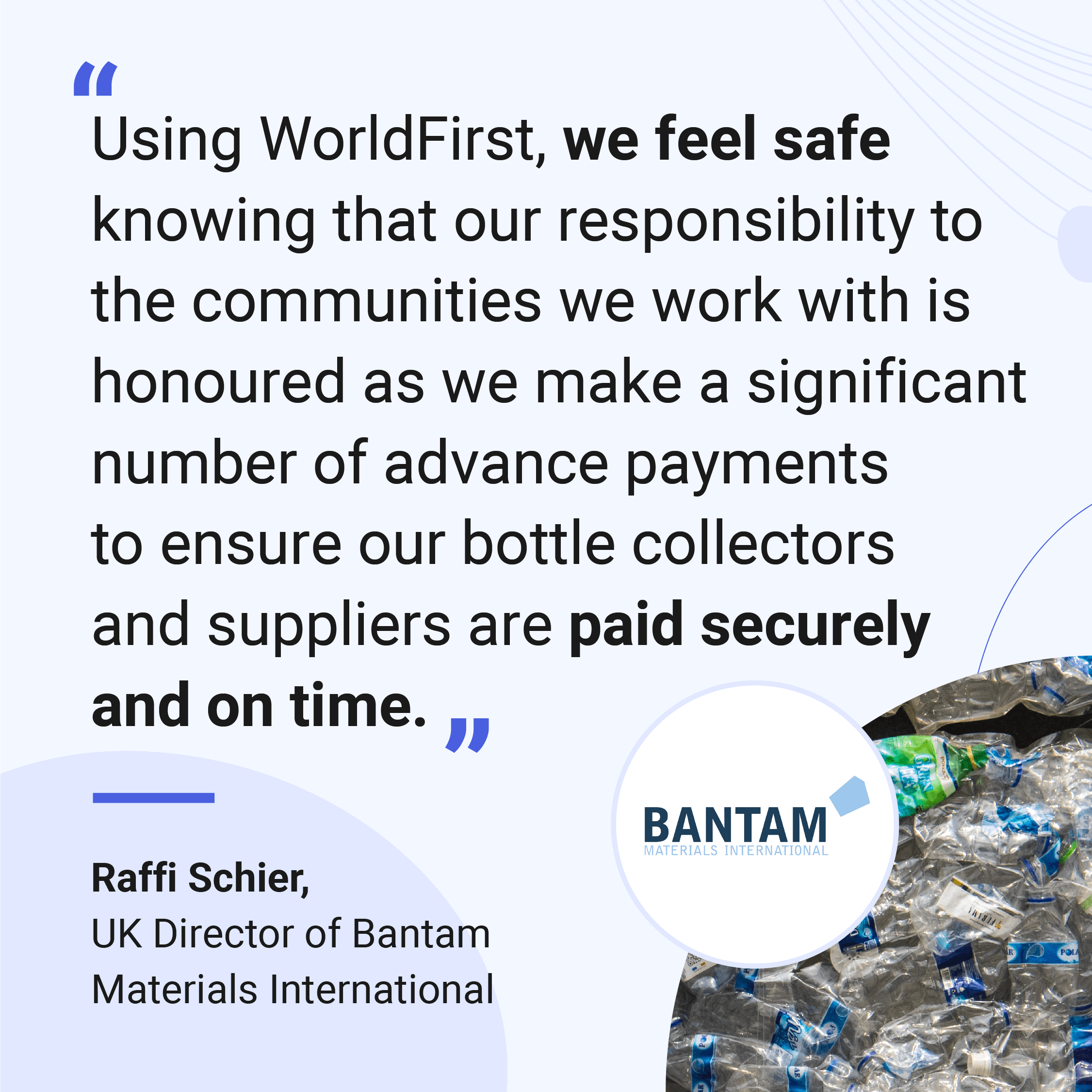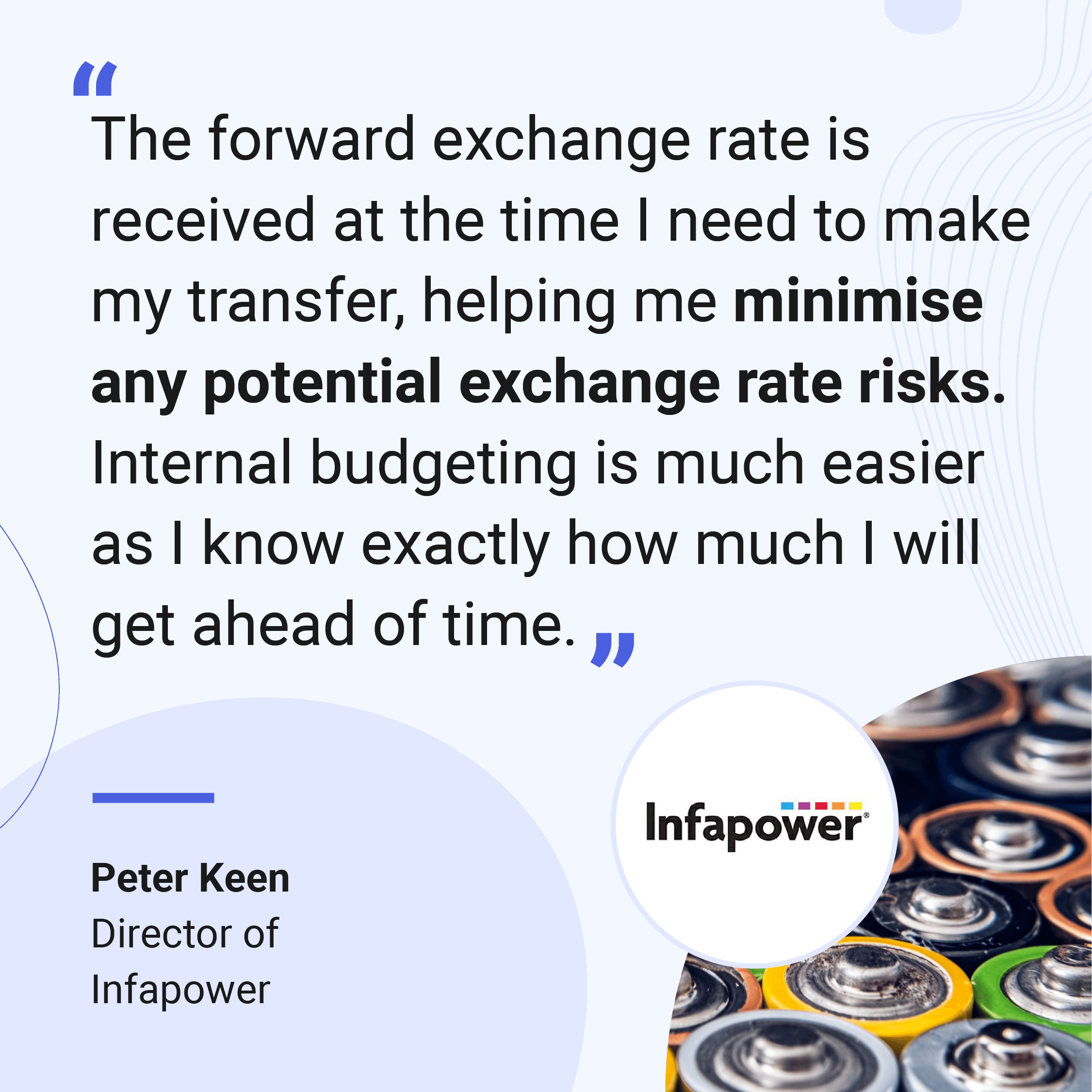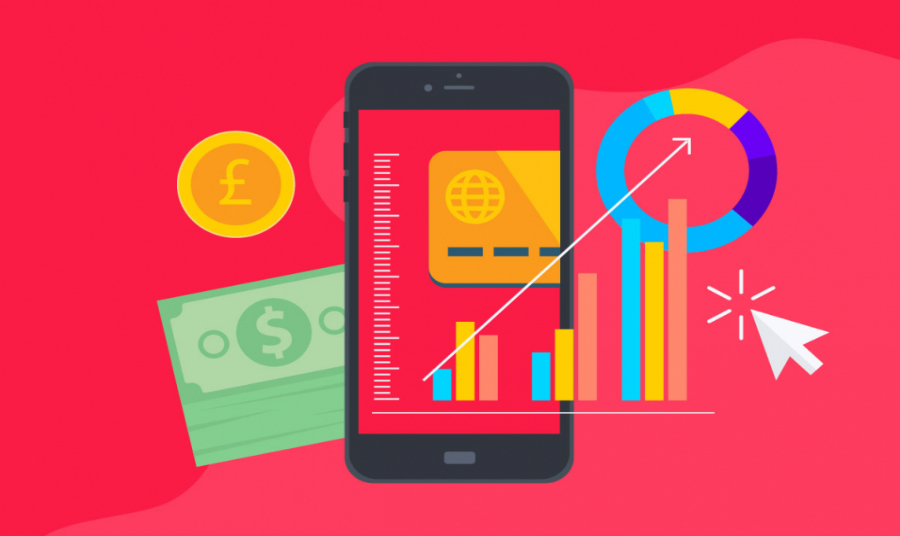
Domestic payments are easy. You simply log into your banking app, select your business bank account, choose or create a recipient, and send funds in seconds. Cross-border payments, on the other hand, have traditionally been more complicated. Until recently, most international transactions began with a telephone call, and ended in a substantial wait.
Then, one day, fintechs arrived and changed the international payments scene forever.
If you’ve been wondering how to make or receive international payments, you’re reading the right article. But first, let's start with a brief overview of traditional SWIFT payments.
How do SWIFT transfers work?
In simple terms, the Society for Worldwide Interbank Financial Telecommunication (SWIFT) system is a gigantic messaging network – and all of its members are financial institutions. Banks use the system to send and receive transaction information. When your bank initiates an overseas transfer, all of the account and funding details are passed to the recipient’s bank via SWIFT.
SWIFT transfers aren’t cheap. Because payments pass through multiple accounts on the way to their destinations, admin costs quickly accrue. Transfer sender fees and transfer recipient fees – which can be fixed, or based on a percentage of the total transfer value – apply to every transaction. On top of that, exchange rate margins mean that exchange rates are almost always less favourable than the mid-market rate.
Other costs include SWIFT tracing fees, intermediary bank transfer fees and miscellaneous discretionary charges. Until not long ago, banks held a monopoly on international payments; then, fintechs came along.
The fintech revolution
Fintechs – short for financial technology companies – began to emerge in earnest as a response to the global financial crisis in 2008. Billions of pounds were wiped off international financial markets, and banks came away with a major image problem.
In the midst of the crisis – Halloween 2008, to be precise – Bitcoin and blockchain technology materialised. German digital bank Fidor launched in 2009, promising its patrons "open and transparent banking". Founded in 2004, cross-border payments company WorldFirst launched its online platform and opened its first international office.
Fintechs saw a glaring gap in the marketplace – a fundamental need for clarity and trust in finance – and capitalised upon it. Consumers, weary of big-name banks, opaque processes and fraud, got on board enthusiastically. Initially, financial startups focussed on underserved segments, offering customers wealth management, payment and lending services. Later, fintechs began to target bigger fish – namely, businesses.
Fintech currency transfers were a major bonus for global businesses. SWIFT transfers were costly; fintechs used P2P systems, effectively "swapping" incoming and outgoing currency transfers to optimise exchange rates. Exporters and importers "in the know" began to save thousands – and then millions – of pounds.
Why switch to a fintech?
At first glance, fintechs feel like unfamiliar territory. If you’ve been happy with – and dependent on – your bank for years, you might feel skeptical about the need to switch. After all, "if it ain’t broke, don’t fix it", right? Actually, switching could save you time and money, if you regularly make international payments, while maintaining transaction security.
Open a World Account for free
- Open up to 15 local currency accounts, with local sort codes, account numbers and IBANs
- Collect secure payments from 130+ marketplaces, overseas buyers and payment processing gateways
- Pay suppliers, partners and staff in 40 currencies without hidden fees
- Pay and get paid easily with local bank details on your invoices
- Lock in conversion rates to manage your currency risk
What to look for in an international payments fintech
Keep these six important qualities in mind as you explore options:
- Multi-currency support: if you plan to expand into several markets, you’ll need multi-currency support – and preferably, multiple accounts in local currencies.
- Risk management solutions: international expansion is a risky business, so look for a fintech with robust hedging and risk management solutions.
- Accounting software integration: Make on-demand, mid-year and end-of-year accounting simpler with Xero (or similar) integration.
- Personalised service: opt for a fintech with personalised levels of support.
If possible, choose a company with a good customer service record. If you have questions about how to make international payments, or you need to know how to receive an international payment, you’ll benefit from one-on-one support.
How to make international payments easily with WorldFirst
Traditionally sent via SWIFT, international payments have expanded into the fintech domain. With the World Account from WorldFirst, you could benefit from seamless Xero integration, making it easy to track incoming and outgoing payments and perform accounting tasks. If you get stuck, you can speak to an account manager at WorldFirst on the phone. Find out more about the World Account.

You might also like
WorldFirst articles cover strategies to mitigate risk, the latest FX insights, steps towards global expansion and key industry trends. Choose a category, product or service below to find out more.
Businesses like yours trust WorldFirst
- Almost 1,000,000 businesses have sent $150B around the world with WorldFirst and its partner brands since 2004
- Your money is safeguarded with leading financial institutions
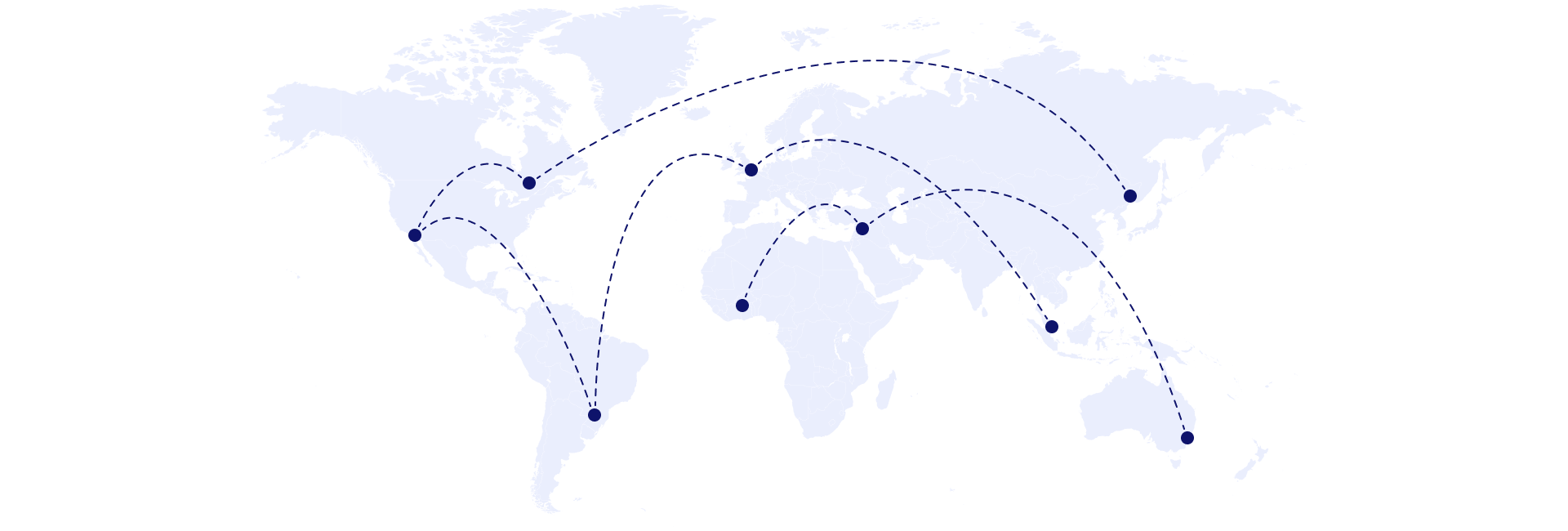
What our customers say about our services
